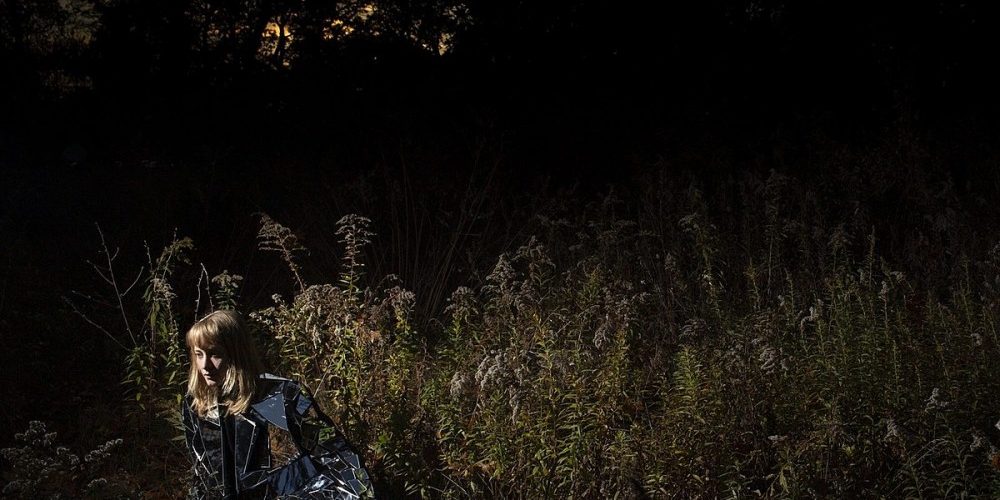The Weather Station’s ‘Ignorance’ is a gorgeous call to action (review)
For her fifth album as The Weather Station, Tamara Lindeman tore up the rulebook and entirely changed the way she wrote, arranged and recorded songs. She put aside her guitar and picked up a keyboard, and instead of the more complex rhythms found on her previous, folky albums, songs were structured around straight-ahead, four-four rhythms, inspired by the drumbeats built into the keyboard. In adding new constraints, Lindeman found herself freed in other ways. “I saw how the less emotion there was in the rhythm, the more room there was for emotion in the rest of the music, the more freedom I had vocally.”
The arrangements, which Lindeman built out before bringing them to her band (also a first), likewise mixed tight structure and room for flights of fancy. The rhythm section, that included two additional percussionists, played it straight, while a second team of improvisers were encouraged to improvise, coloring inside the lines. And sometimes across them. Saxophones and flutes dance in and out of the scene, spinning around Lindeman's breathy, expressive voice which swoops and soars as well. Guitars are used for accents, the piano hits a steady rhythm, and Wurlitzers, Moogs and other organs swirl and swell.
The orchestrated clash of form and folly gives Ignorance a wide-open sonic scope that often recalls '80s sophisti-pop groups like Talk Talk, Prefab Sprout, The Blue Nile, and The Waterboys, or even Mirage-era Fleetwood Mac. (There's also a little Joni Mitchell whom Lindeman has been compared to for years.) It comes without the trappings of recordings from the era, though: no gated drums or synths subbing for strings. Songs like "Robber," "Atlantic" and "Parking Lot" are lush and organic, mossy like the forest floor and far-reaching like a sunset against an ocean horizon.
Speaking of sunsets and oceans, this is the album where the weather becomes central to The Weather Station. Specifically, the ecological crisis our world faces, and these songs argue in their own passionate, personal way that we can no longer willfully ignore the signs and worry about it tomorrow. Looking at the setting sun on "Atlantic," she wonders: "With a wine in my hand, laid back in the grass of some stranger’s field, while shearwaters reeled overhead, thinking; I should get all this dying off my mind, I should really know better than to read the headlines, does it matter if I know? Why can’t I just cover my eyes?"
This is not preaching, as Lindeman paints things in a way that's as affecting as any song about a messy breakup or unrequited love. "I’ll feel as useless as a tree in a city park, standing as a symbol of what we have blown apart," she sings on "Tried to Tell You." On "Parking Lot," which Lindeman describes as a "gentle disco song," she finds such beauty watching a bird on the roof of a club she's about to play, it brings her to tears. "Is it alright that I don’t wanna sing tonight? I know you are tired of seeing tears in my eyes. But everywhere we go there is an outside, over all of these ceilings hangs a sky. And it kills me when I – you know it just kills me when I see some bird fly." She's explicitly making the case that ignorance is not bliss, not anymore, but musically, artistically, Ignorance is a thoughtful, transportive and genuinely moving call to action.
